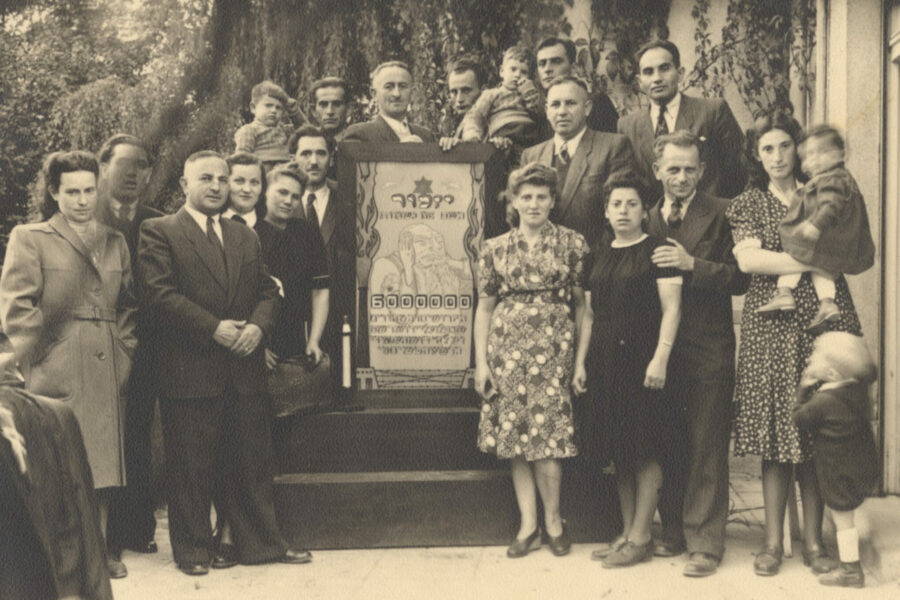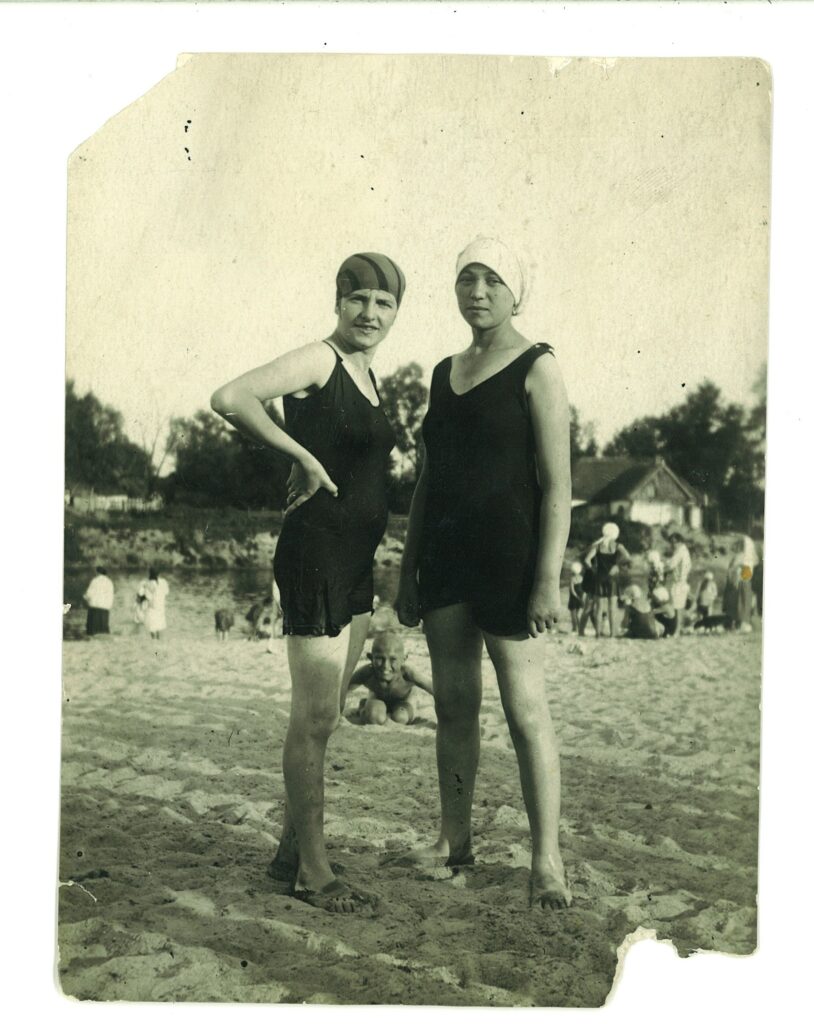Photograph of Lucy Tsybulskiy and friend in swimming outfits, on the beach in Poltava, Ukraine, c.1920s or early 1930s.
Survivors in front of a memorial to the six million murdered Jews, c. 1948.


Photograph of Lucy Tsybulskiy and friend in swimming outfits, on the beach in Poltava, Ukraine, c.1920s or early 1930s.
Yefim Tsybulskiy was born 1932 in Harkof, Ukraine to parents Michail (Moisey) and Lucy Tsybulskiy. His father had three brothers, Boris, Naum, and David, and a sister, Lisa. At the start of the war, in 1941, Yefim’s father entered the Russian Army while Yefim, his mother Lucy, and sister Yana evacuated to Taschkent, Uzbekistan. In October 1941, the Germans occupied Harkof. In December of the same year, the Germans assembled the local Jewish population and brought them to a tractor factory to be murdered in mobile gas vans. Yefim and his family survived the roundups and after several months were moved to Novosibirsk, Siberia where some of their relatives lived. In Novosibirsk, his mother worked in a military factory. In 1943, they returned to Harkof, which had been liberated by the Russian Army. Yefim and his family then moved from Harkof to Poltava, Ukraine. There he met many American pilots who used the town as a landing and take-off area for British and American planes on bombing missions of Berlin. Yefim joined the Soviet Army from 1953 to 1974. He was discharged from the army in 1974 because he refused to join the Communist Party.


